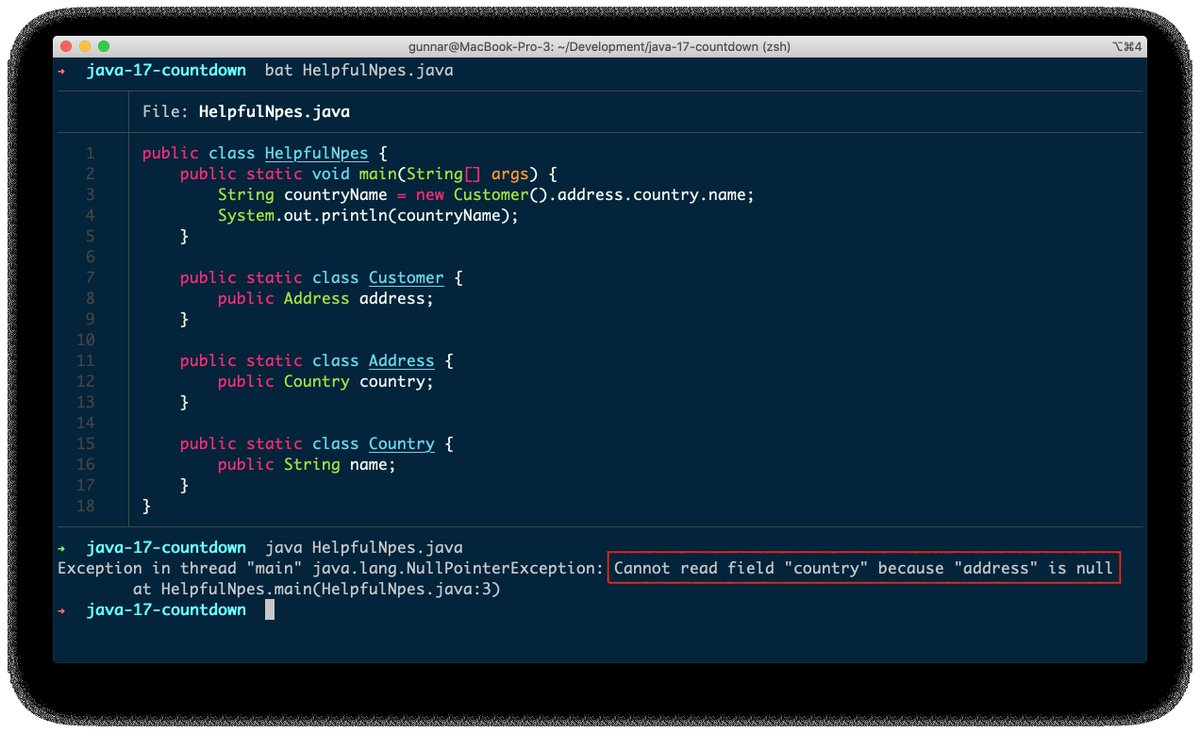
Technologist @Confluentinc · Ex-lead of Debezium · Spec lead of Bean Validation 2.0 · Creator of JfrUnit, kcctl and MapStruct · Java Champion · 🚴
3 subscribers
How to get URL link on X (Twitter) App



 2⃣ groups, with partitions being distributed equally amongst consumer group members.
2⃣ groups, with partitions being distributed equally amongst consumer group members.



https://twitter.com/gunnarmorling/status/1423311149748166657- FactCast: docs.factcast.org

https://twitter.com/gunnarmorling/status/12577437763674603531⃣ Readability vs. writability: some argued var optimizes for writing code (less characters to type) at the cost of reading code (less explicit type info). I don't think that's the intention behind var. In fact, more (redundant, repetitive) code may read worse.